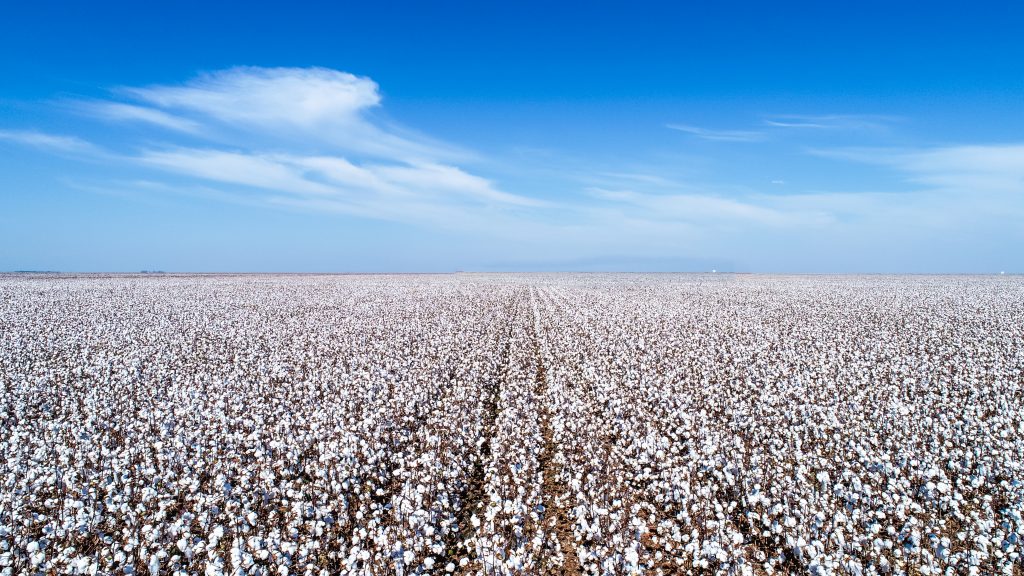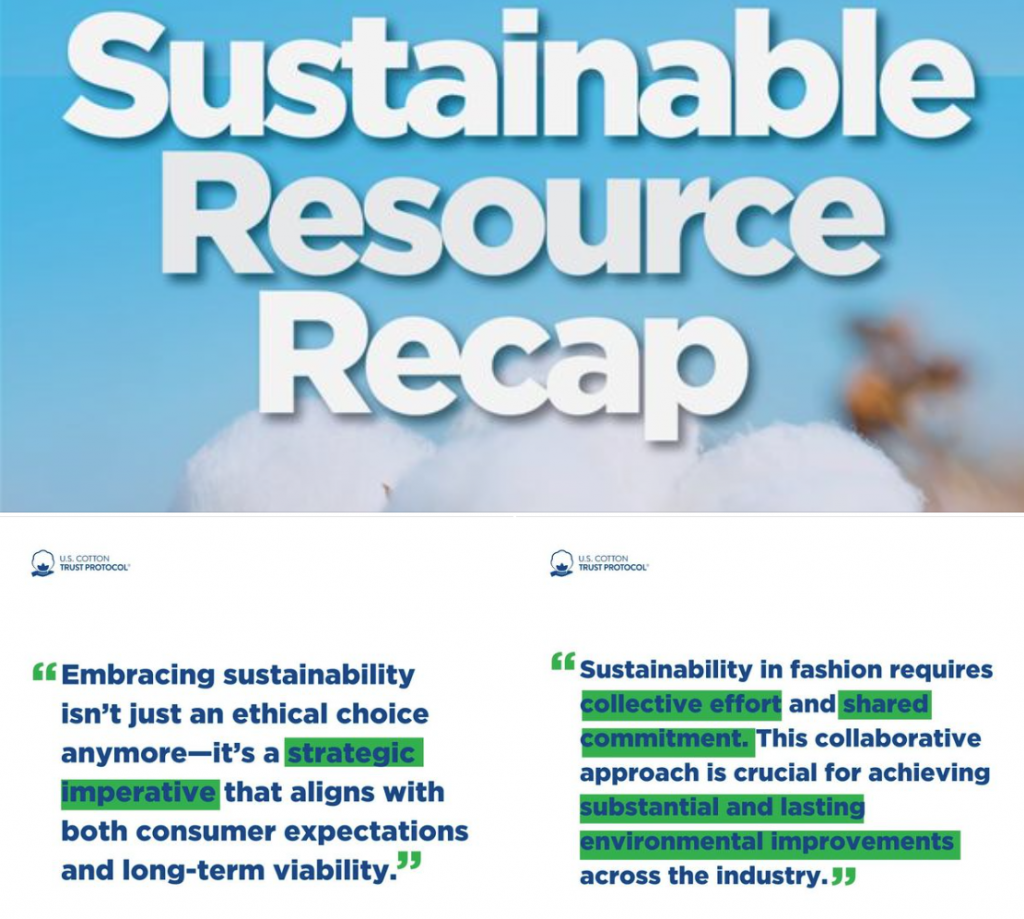
Farm Director KC Sheperd caught up with Oklahoma Cotton Council Vice Chairman and Altus, Oklahoma cotton farmer Mark Nichols.
Nichols began by talking about the condition of cotton across the state which he said is pretty bleak in most areas. He said that in Tillman County and the Carnegie area of Caddo County, fields under pivots look pretty good, and due to a bit of extra rain, the Elk City area of Beckham County is still doing okay.

“Some of the cotton in my area, dryland cotton, looked pretty good,” he admitted. “The plants look pretty good, but when you go out there and look, there is just nothing there. It is just so hot that it didn’t do anything.”
Compared to the 2023 crop, Nichols believes that the irrigated cotton will be better this year, despite how sparse it looks. “We had some underground moisture going into this year that we didn’t have last year,” he said. “It’s really amazing what just a little bit of in-ground moisture will do as you are going into a crop year. I think that is why the crop looked a little better overall this year than last, but it is still not very good in Oklahoma or West Texas.”
Although cotton variety tests have been going on, plants don’t grow without water. “The dryland variety tests are all being shredded so we won’t learn much from them. We will learn some things from our irrigated varieties. Some of those may have done a little bit better than others under these stressed conditions.”
Cotton Incorporated sponsors a sustainability conference every couple of years. This year’s conference was held in La Jolla, California. By invitation only, fifty or so importers attended the conference. Five producers from across the country were also invited to talk about sustainability, regenerative agriculture, and what those look like in each of their areas.
“When I got up to talk, I said, ‘You are going to hear a very similar story from all of us,’” Nichols said. “We all were no-till sustainable and re-gen certified, but I don’t know any of those producers who were doing those practices to fit into a box for the importers or retailers.”
Consumers feel good about buying products that are produced sustainably, so in addition to the environmental benefits, producing Certified Sustainable and Regenerative Certified cotton makes the it more marketable.

“Those buyers want to hear our stories,” Nichols said. “To learn how you cut back on chemicals and why you have been able to do that. That is really part of our story. We do it because that’s the only way that we can survive – to cut back on the number of times that we cross a field and the amount of chemicals we use. Being sustainable in no-till practice for so long, we can now do a lot of those things.”
He admitted that it is hard to change when you’ve been farming a certain way for so long, and often a way you have observed for generations. He watched others who started the practices before him for a long time.
“They brought back farms that had not been very productive for a long time by practicing no-till,” he remembers. “They were able to turn some pretty sorry ol’ ground into productive farms again.”
The U.S. Trust Protocol with the National Council is a good place to get started learning about how cotton is sustainably grown.
Nichols also spoke about the pending Farm Bill and what cotton farmers would like to see included in it. “GT Thompson put together a very good farm bill when it left the House,” he said. “The National Cotton Council got everything reasonable that was on their wish list. We are just waiting on the Senate to take up the bill.”
Congressman Frank Lucas attended a fundraiser and meeting with them in Altus on October 8 to provide an update. “What we are hearing is that we are in a lame-duck session,” Nichols said. “The Chairmen and Vice Chairmen of both the Senate and House Ag Committees have agreed that something must be done before the end of the year.”
Nichols hopes to see something from it between the election and January 1, and that it will include an economic relief program for agricultural producers. He said that historically, the Farm Bill has not been partisan. “That is one thing that they have been able to come together on in D.C. is agriculture, so hopefully some things will come out of it that are positive.”

















